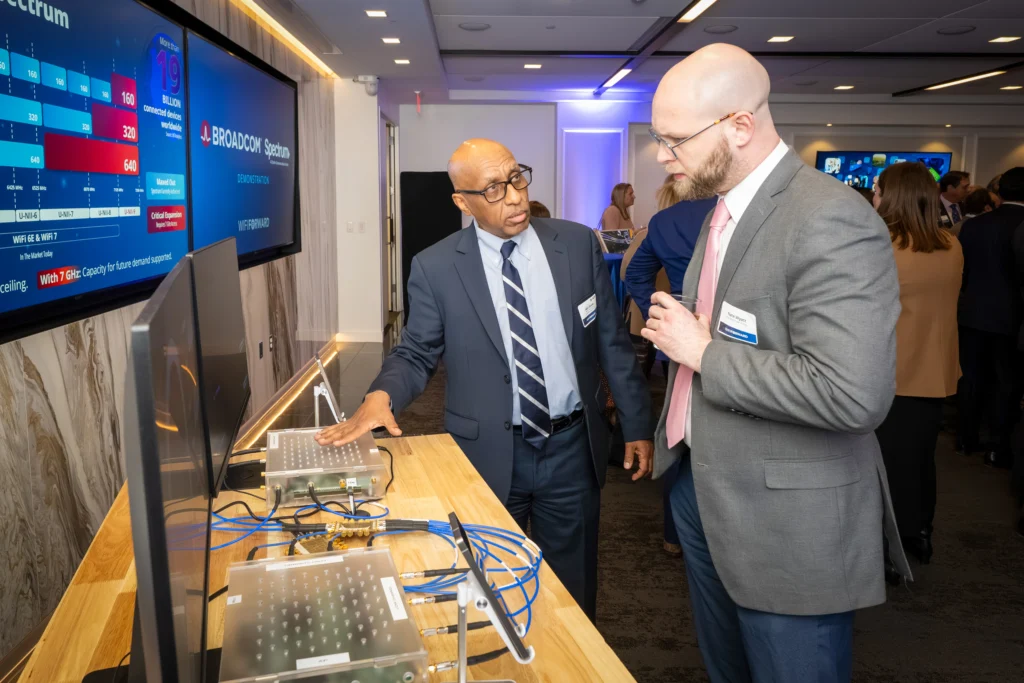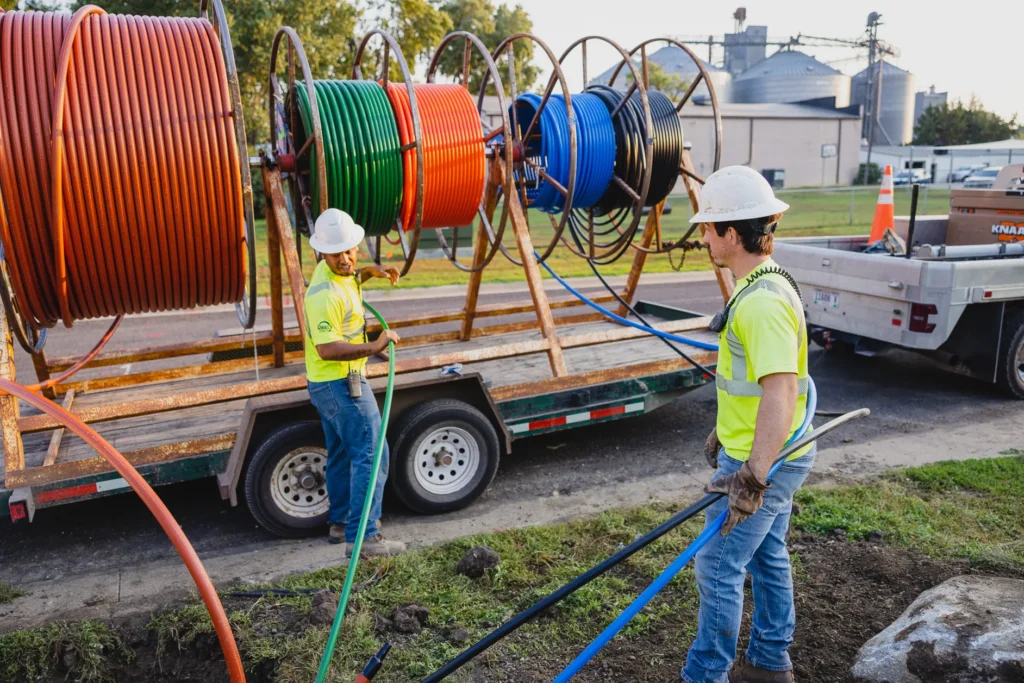Unless Congress acts, the Affordable Connectivity Program (ACP) is set to run out of funds by May. When that happens, millions of Americans could lose their internet access and access to critical services like healthcare, education, and job opportunities.
Why it matters: To date, the program has helped connect over 23 million Americans, a significant step forward in the nation’s mission to close the digital divide.
Recently, the FCC surveyed program participants to understand the program’s impact. The full report can be found here.
ACP connects those who need it the most
Before ACP, 68% of participants said they had inconsistent or no internet access at all.
- Of that group, 80% cited cost as their main barrier to adoption.
- This is on top of low-cost broadband adoption programs offered by many cable ISPs, which offer high-speed internet for a reduced cost to those who qualify.
- When combined with these programs, ACP allows people to get connected at no additional cost.
ACP benefits all types of communities from coast to coast
While America works towards its ambitious goal of connecting every American, ACP plays a key role for both rural and urban communities.
- In rural areas, 53% of respondents said they had either zero internet connectivity or mobile-only connections before ACP.
- Compare that to 47% of all respondents who said the same thing, and ACP’s role in getting people online is undeniable.
Critical connections
In 2024, losing connection to the internet has serious implications for every member of a family.
- 72% said they use their ACP-funded service to schedule or attend healthcare appointments.
- 48% said they work or apply for jobs.
- 75% of school-aged respondents (ages 18-24) reported that the program allows them to do their schoolwork.
- Without ACP, 77% said the end of the program would make them change plans or drop internet access entirely.
The success of ACP is clear – it has connected over 23 million Americans, allows many who would otherwise lack internet service access to work, healthcare, and educational opportunities, and brings certainty and connectivity to families that need it the most.
If Congress fails to appropriate new funds, millions of families may lose the broadband service they have come to rely on.









